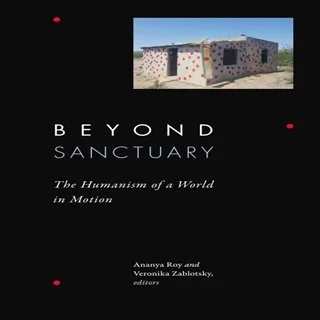By Viktor Marsai
Cooperation with “gatekeeper countries” — transit countries that can help mitigate the flow of irregular migrants — is a key instrument used by Europe to protect its borders, and should be used more consistently by the United States.1
Such collaboration could prevent millions of people from illegally entering destination countries. Without the assistance of those gatekeepers, Europe would have faced a much higher number of illegal immigrants. Therefore, this type of collaboration could be seen as a cornerstone of European migration policy. The United States, on the other hand, pays less attention to gatekeeper states, and focuses on the thin border line as the main protection strategy.
Gatekeeper countries, of course, are only part of the solution, and the concept must be integrated into a much broader and complex immigration and border protection policy that includes physical barriers, human resources, deterrence factors, and a consistent application of existing rules (e.g., detention and deportation). But an effective border regime cannot exist without the cooperation of transit countries.
This paper compares the role of gatekeeper countries in the European and the U.S. contexts. It analyzes the ways different actors are utilizing (or not) transit countries to reduce the number of illegal arrivals. It argues that different historic, economic, and social developments have shaped and altered policies and strategic thinking in the transatlantic region.
Washington, DC: Center for Immigration Studies, 2023. 12p.








